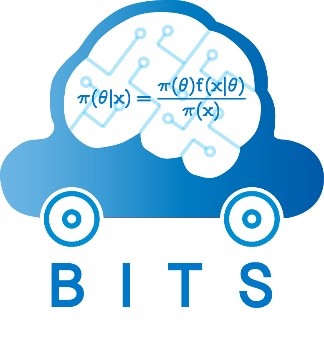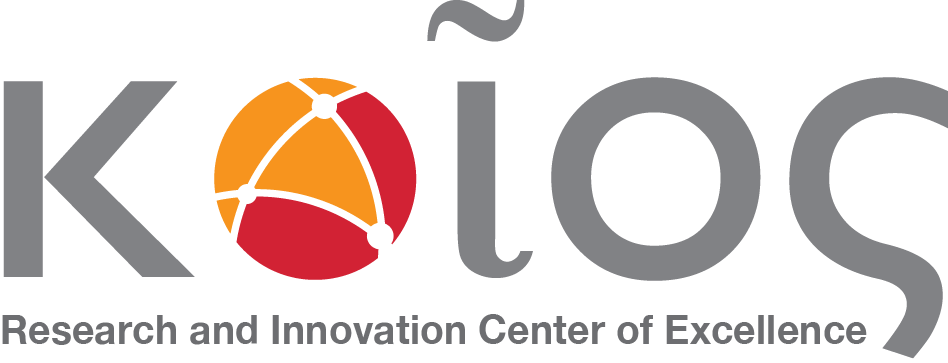The aim of this MSCA fellowship is to transfer Bayesian statistical methodologies in the area of Intelligent Transportation Systems (ITS) and contribute towards the efficient decision-making and fault diagnosis capabilities of intelligent vehicles (IVs), as well as improve their collective behavior when interacting with other vehicles and the road infrastructure.

The research activity BITS is to transfer statistical learning tools in the area of ITS and develop novel methodologies and algorithms for quantifying uncertainty in the use of IVs. This project will provide an accurate representation of a network of IVs along with the probabilistic uncertainty concerning the vehicles, to gain insights on their performance, reliability and safety and improve the predictability of the system. The project will contribute towards the deployment of IVs in real traffic networks and our everyday lives.
BITS have the potential to transform road transportation and personal mobility. Undesired phenomena associated with current road transportation systems will be reduced and safety will improve. Advances in information and communication technologies are leading to the emergence of IVs, that involve many challenges from vehicle design to control, coordination, decision-making and human interactions. It has been proven that the use of IVs will reduce traffic congestion, fuel consumption gas emission and traffic accidents. Of great importance is the great impact of IVs on the mobility options of persons that are not able to drive a vehicle, e.g. the elderly, disabled and children.
This project is highly interdisciplinary and combines methods from Engineering, Statistics and Computer Science. BITS will bring together the best practices and state-of-the-art methods of different fields and support the Fellow, who has a strong background in Bayesian learning, to make significant contributions via collaboration with the supervisors, who are experts in ITS, and with leading groups in the field. As part of the project, physical tests will be conducted to validate the proposed methodologies and with the use of computer science tools will evaluate and minimise risks in the dynamic environment of IVs.
The Marie Skłodowska Curie Actions (MSCA) Research Fellowship Programme was awarded to Dr. Yiolanda Englezou, a Research Associate – Marie Curie Fellow at the KIOS Center of Excellence of the University of Cyprus to work with Professors Christos Panayiotou and Stelios Timotheou on the project “BITS”. Moreover, the Fellow will work with Professor Cesare Alippi, as the Fellowship involves a Secondment period to Polytechnic University of Milan.
Project’s website: https://www.kios.ucy.ac.cy/BITS
 This project has received funding from the European Union’s Horizon 2020 research and innovation programme under the grant agreement No 101003435 (‘BITS’).
This project has received funding from the European Union’s Horizon 2020 research and innovation programme under the grant agreement No 101003435 (‘BITS’).



